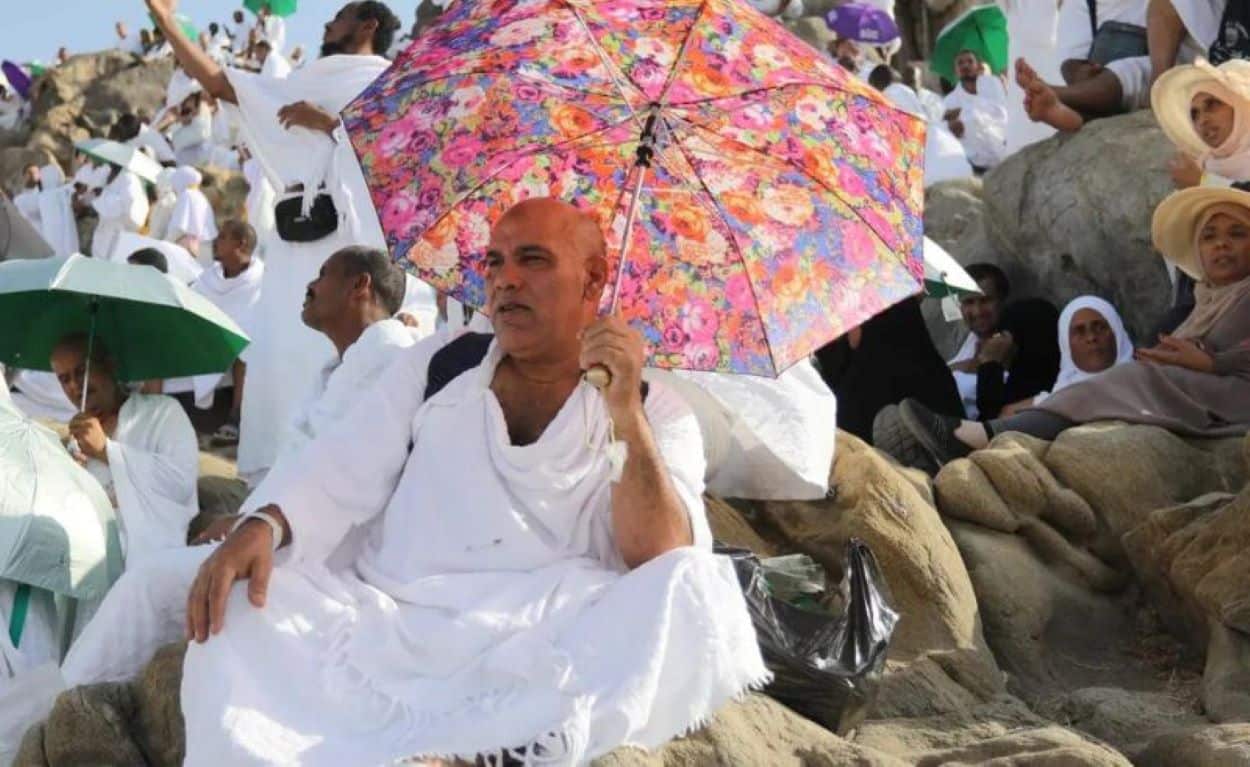The Ministry of Religious Affairs announced that all 79,000 applicants for the Hajj 2025 pilgrimage under the federal government scheme had been successful.
For Hajj 2025, Saudi Arabia has allocated Pakistan a quota of 179,210 pilgrims. Authorities have equally divided this quota, assigning 89,605 slots each to government and private schemes.
The deadline for submitting Hajj applications was originally December 3, but the government extended it to December 10. The ministry continues to accept applications on a first-come, first-served basis, with 10,605 slots still available under the government scheme.
Muhammad Umar Butt, the ministry’s spokesperson, reported receiving over 10,000 new applications during the extended week. “Once the Hajj quota is full, we will announce the closure of applications,” he stated. Umar advised new applicants to ensure they receive a computerized receipt from the relevant bank upon submitting their applications, as seat allocation will depend on the date and time of the receipt.
The ministry encourages pilgrims to use the Pak Hajj Mobile App for up-to-date information on the payment schedule, training sessions, and flight details. “These proactive measures aim to streamline the Hajj process and maximize facilitation for applicants,” said the spokesperson.
Financial Details and Policy for Hajj 2025
Chaudhry Salik Hussain, Minister for Religious Affairs, stated that the expected costs for performing the Hajj in 2025 would range from Rs1,075,000 to Rs1,175,000. Applicants must submit Rs200,000 with their Hajj application and, upon selection through balloting, deposit an additional Rs400,000. They must make the final payments by February 10, 2025.
Read: Final Call: Hajj 2025 Application Submission Ends Tomorrow
If an applicant cancels, the ministry will deduct Rs50,000 from the refund for the first instalment. If an applicant fails to pay the third instalment, the ministry will deduct Rs200,000 and issue no refunds after February 10, 2025. Additionally, the government has raised the compensation for the heirs of deceased pilgrims from Rs1 million to Rs2 million.
The current government’s Hajj policy includes 1,000 seats reserved for hardship cases and 300 seats for labourers and low-income employees registered with the Employees Old-Age Benefits Institution (EOBI) or Workers Welfare Fund.






